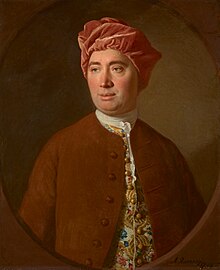Hume's Moral Pluralism: Recognition and History
In this paper, I argue that Hume’s discussion of moral
relativism in “A Dialogue” gives him an opportunity to specify the important
‘historical’ dimension that his version of the moral sense theory showcases.
Hume offers a very original solution to the problem of reconciling universalism
in ethics with sensitivity to historical and cultural differences. He defends
the thesis that cultural and historical differences, along with the conflict of
values that they generate, far from being an obstacle, are, rather, a condition
of possibility for reaching a universal standard of morals. Hume’s universalism
in ethics is made possible by, and fully compatible with, conflicts of equally
commendable ethical ends; a feature that turns him into a moral pluralist. While
developing this interpretation, I argue that, contrary to common readings, Hume
adopted the view that our moral responses are acquired rather than innate; and
that they are acquired in society and history. This reconstruction of Hume’s
position also shows that his conception of moral judgment is closely linked to
an understanding of moral experience as based on the reciprocal recognition of
moral agents.
Friday, February 3rd, 2017
3:00pm
University of Ottawa
Desmarais Hall
Room 8161

Aucun commentaire:
Publier un commentaire